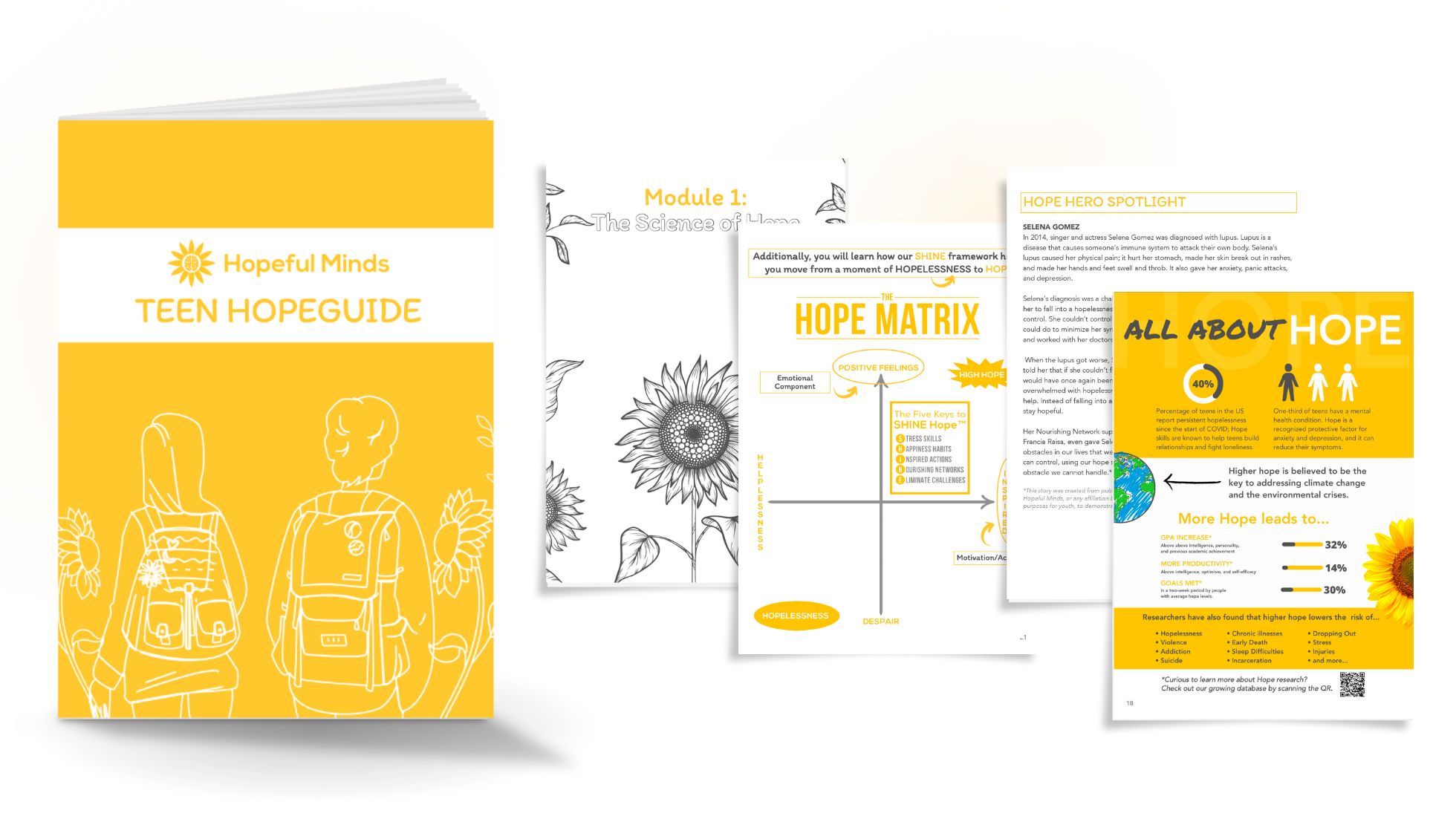Hope is a valuable strategy that can help athletes cope with mental health challenges while simultaneously enhancing their performance.
Hopeful athletes have agency, or the motivation to pursue goals, and the ability to map pathways toward reaching those goals.
When athletes activate Hope, they can experience numerous positive benefits such as:
- Increased athletic performance and athletic performance was not predicted by self-esteem, sport confidence, and mood.
- Increase soccer-related reaction time (i.e., 420.70 mS for the Hope condition vs. 448.91 mS for the emotion-neutral condition).
- Increased effort toward the sport
- Decreased recovery time after injuries.
- Decreased negative emotions and anxiety intensity
- Decreased self-handicapping or purposeful mistakes to protect the individual against the threat of poor performance.
- Decrease the risk for a sports-related injury, as persistent stress increases the risk of athletic injuries and hope can reduce stress and provide protection against other negative emotions and self-criticism, thereby mitigating the risk of future injuries.



